Omega 3 essential fatty acids have long been known for their valuable benefits to overall health, and most pet parents know that a diet with omega 3 for dogs and cats is crucial.
But omega 3s – fats in general, really – can be confusing. And that’s understandable because they can be pretty complex. How do you know which fats your pet should have and what foods or oils you can find them in? Let’s make this easy to understand!
What are Omega Fats?
Omega fats are a group of polyunsaturated fats that your pet’s body doesn’t produce on its own. Since they’re essential, they need to be eaten. They’re even more helpful when you feed them with a properly balanced diet. The problem is that, with most modern pet foods, omega fats are unbalanced. This means we need to take special care to make sure that our fur kids are getting a balanced range of fats that promotes health.
There are many types of omega fats, but today, we are going to talk specifically about omega 3s. Omega 3s are the hardest to obtain in modern animal diets. This is especially true if your pet is eating processed dry foods. Kibble is almost always deficient in omega 3 fats, or, if they are added, they become rancid in a short period of time and can actually become very detrimental to your pet’s health.
The Benefits of Omega 3 For Dogs and Cats
Omega 3 fats are best known for their anti-inflammatory or immune-modulative properties. For example, those anti-inflammatory properties help in the prevention of arthritis and support with the pain relief, and immune-modulation can help relieve allergies.
Extensive research also shows they have numerous health benefits for the:
- brain
- skin & coat
- eyes
- gut
- reproductive system
- heart
- joints
Omega 3 Types
Okay, so this is where things can get a little confusing.
There are a lot of different omega fat types, including omega 3s, 6s, 7s, and 9s. Each type has its own roles and properties, so it’s important to know the difference.
The omega 3s you’ve probably heard of are:
ALA – alpha-linoleic acid – This short chain omega 3 comes from plants and can be used as energy in the body. Your pet has a very limited ability to convert this into other types of omega 3s (including EPA and DHA). ALA can be found in nuts, seeds and oils such as flax, chia, hemp, walnut, and other plant-based oils. ALA needs to be balanced in relation to the omega 6 fatty acid called linoleic acid (LA)
EPA – eicosapentaenoic acid – This long chain fatty acid is found largely in animal-based foods like fish and krill. Some algae also contain EPA. This is the most well-studied fat for pets in terms of its anti-inflammatory and immune-modulatory effects.
DHA – docosahexaenoic acid – This might be the most important fat in your pet’s body. DHA is another long-chain omega 3 that makes up a large part of the brain, the retina of the eyes, and many other body tissues. It is imperative for brain, heart, and joint health among many other bodily functions.
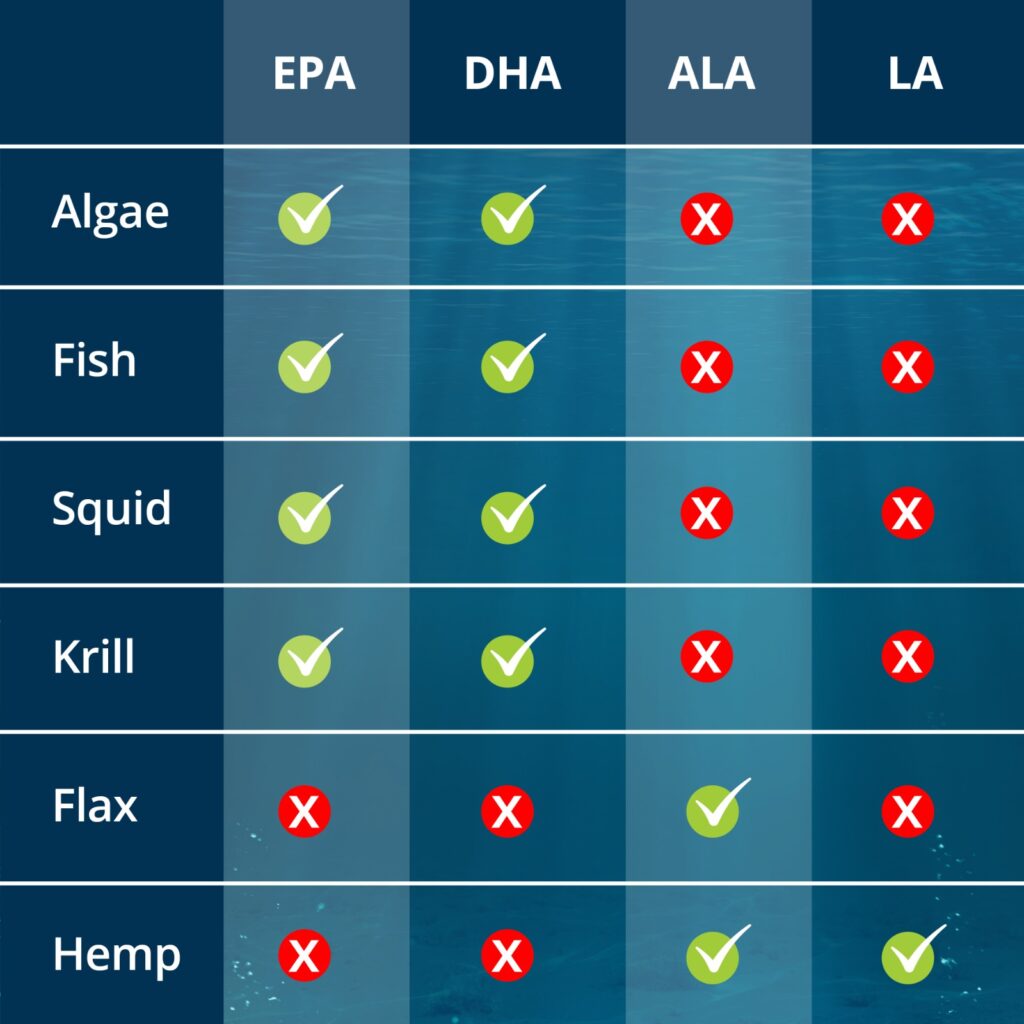
Common Fats Mistaken for Omega 3s:
- GLA – gamma linoleic acid (omega 6)
- LA – linoleic acid (omega 6)
- ARA – arachidonic acid (omega 6)
- CLA – conjugated linoleic acid (omega 6)
When Fats Are Not Balanced…
Fatty acids, when fed in a healthy balance, help the body hum along, maintaining homeostasis (balance) with ease. When they become out of whack, they can start to create the opposite effect.
For example, the most common dietary fat imbalance is the omega 6 and omega 3 ratio. And while there is no one ‘perfect’ ratio, guidelines suggest 10:1 to 5:1 omega 6 – omega 3 to keep things balanced in the body. With almost any highly processed diet, you will be over-feeding omega 6s and underfeeding omega 3s. Some pet foods have ratios as high as 30:1 or even 40:1. When omega 6s greatly exceed the omega 3s, this can cause serious health issues such as unchecked inflammation in the body.
Omega 6-rich diets are common in the pet food world since grain-based and legume-based diets are often high in omega 6. Even commercial raw diets can have imbalanced ratios so just because you’re feeding raw, doesn’t mean your fats are balanced. Even if the package claims to add omega 3s to the formula, omega 3 fats are highly unstable and go rancid quickly with exposure to light, oxygen and freezing.
To ensure your pet isn’t taking on more inflammation than they can handle, it’s important to add omega 3s to the diet.
Omega 3 for Dogs and Cats – Getting it Right
The two main dietary forms of essential omega 3s that pets are often lacking are EPA and DHA. Your pet can also benefit from ALA as well.
Most pet parents provide EPA and DHA by feeding fish or fish oil. You cannot feed plant-based oils to provide EPA and DHA, but you can provide ALA from plants.
Here’s a quick reference chart that will help you to use the right types of omega 3 for dogs and cats based on what you’re feeding. In general, it’s important to provide as much variety as possible with your pet’s diet in order to get the fats correct.
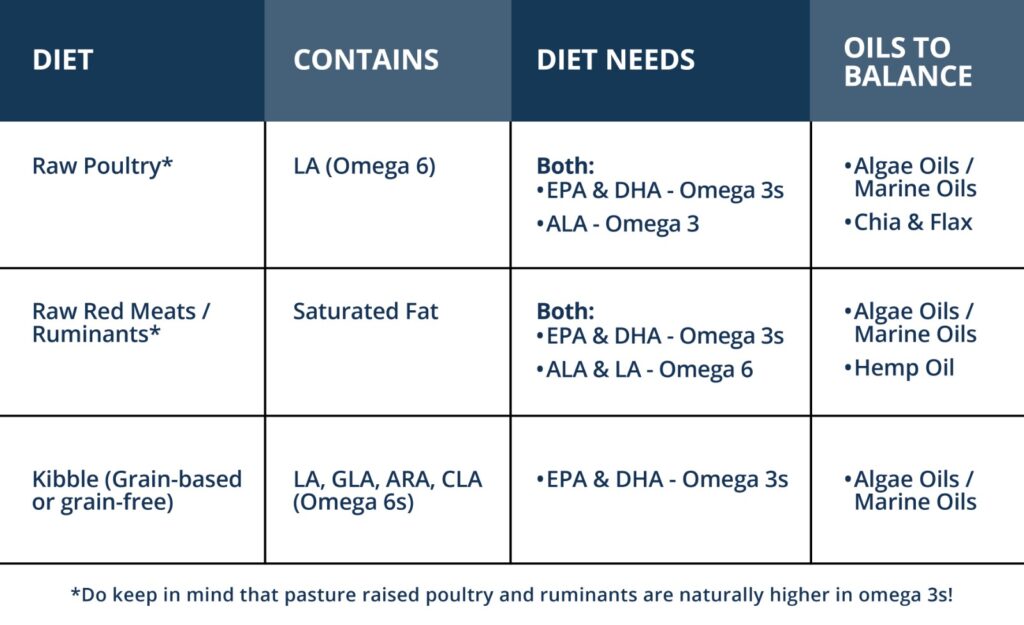
Is Fish Oil the Answer?
So, we know that our animals need omega 3s to be healthy. Unfortunately, the most common supplements for both humans and pets are things like fish and krill oil.
And there are a few problems with this.
- These supplements are not sustainable. Fishing for sustainability of our ocean resources is a common myth. Ocean life is at great risk right now due to overfishing, global warming, and pollution. The problem with providing fish oil, green lipped muscle, krill, or other oils that come directly from the ocean is that they’re just not sustainable in our current ecological climate. No matter what the label says, it’s NOT sustainable for ocean life. Sustainability, in this case, is a phrase that supports the fishing industry rather than the actual ocean.
- Heavy metals are a major concern. Fish (especially longer-living, large species, and higher-level predators that eat other fish) will “bioaccumulate” heavy metals such as lead, mercury, arsenic, and cadmium that come from industrial sources and get into the environments in which they feed. These contaminants often end up in the fish oil derived from these fish.
It’s so important to find a source of omega 3 for dogs and cats that doesn’t have these issues. And they’re out there. Sources grown on land in structured cultivation facilities allow for sustainable products free from heavy metals.

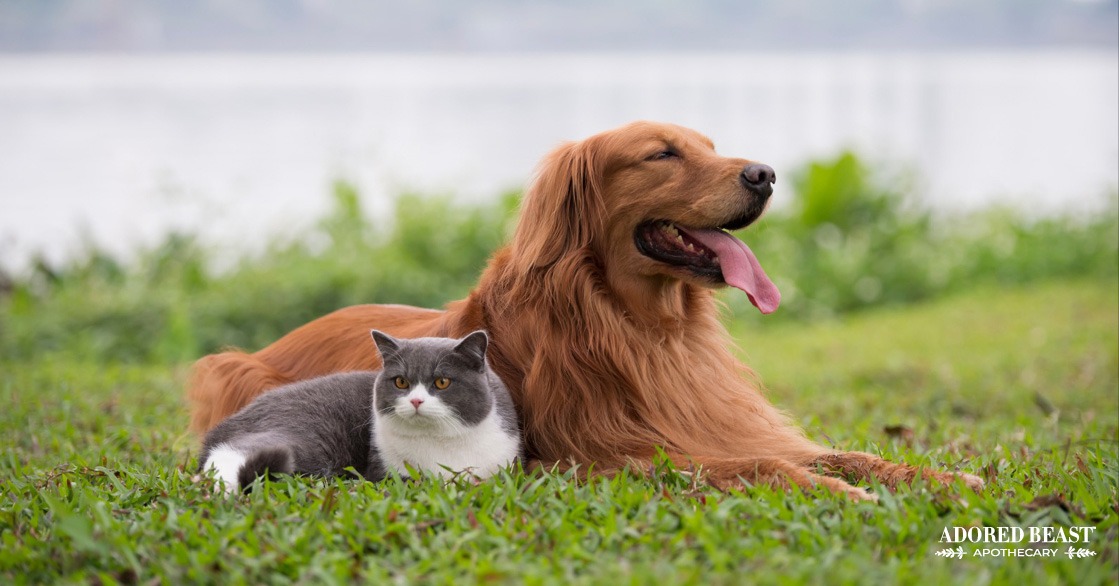

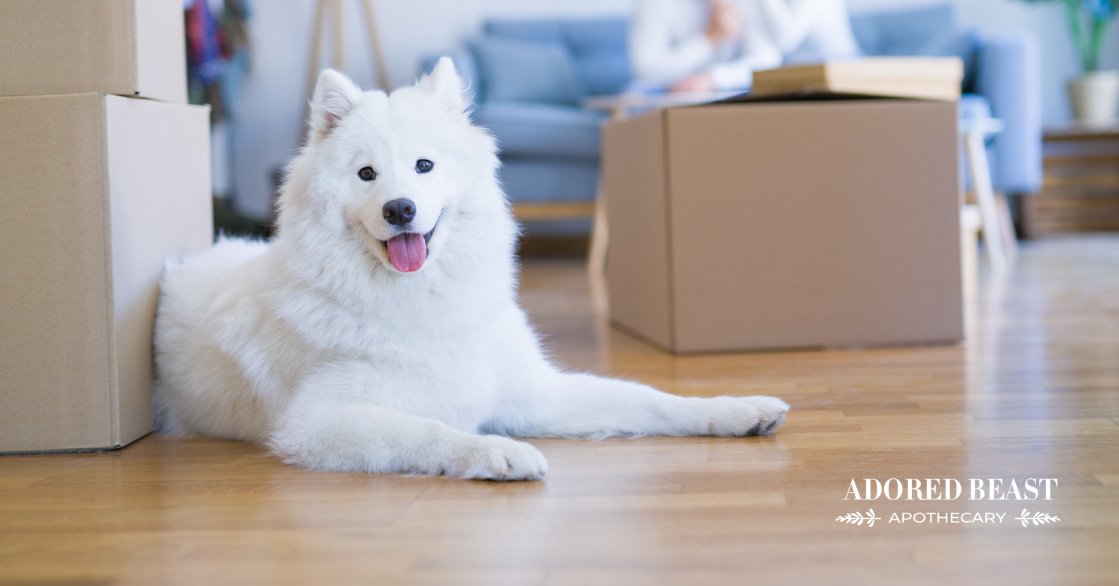
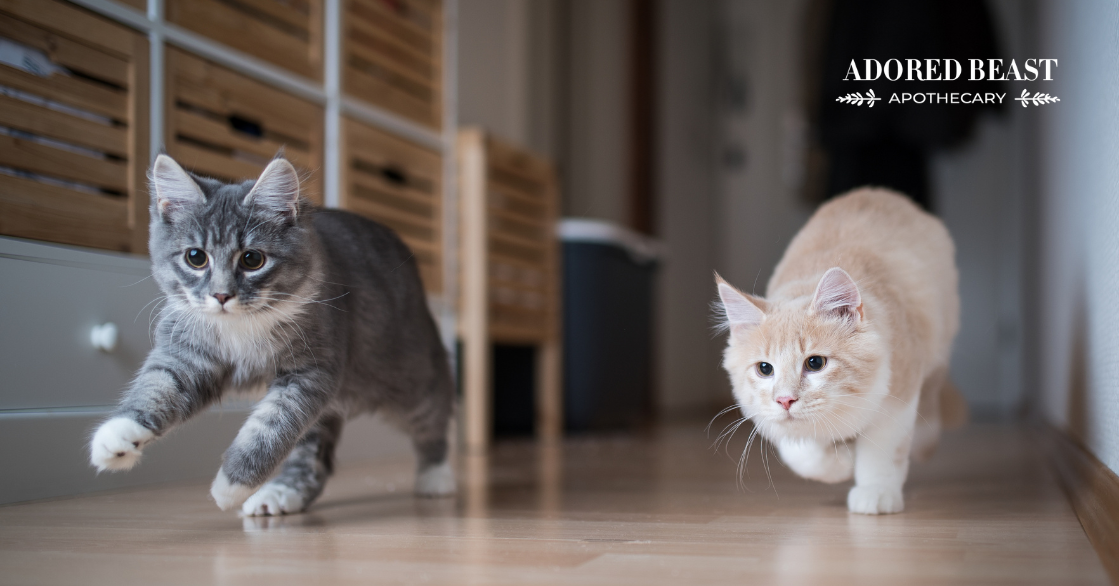

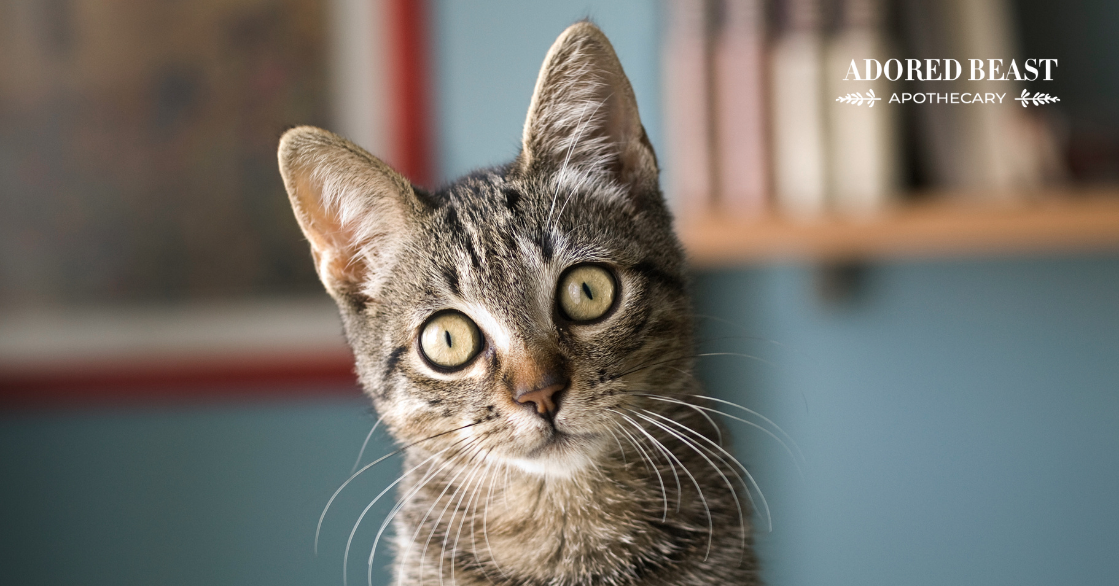




![[RESEARCH] Is Herbicide Safe for Dogs?](https://blog.adoredbeast.com/wp-content/uploads/2025/06/herbicides-safe-for-dogs-103x55.png)
